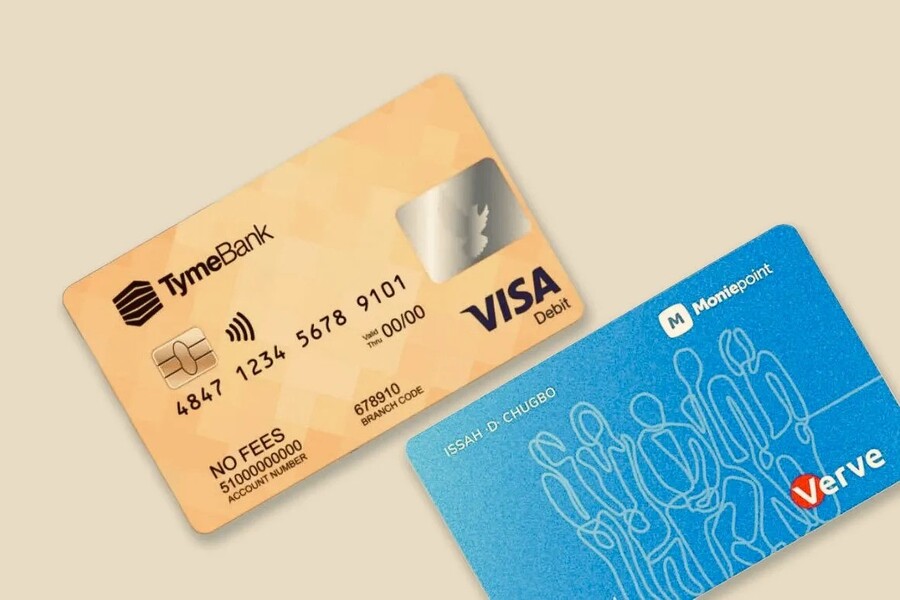Africa’s tech ecosystem has been invigorated by the recent achievements of two fintech startups, South Africa’s TymeBank and Nigeria’s Moniepoint. Both companies have joined the prestigious ranks of unicorns, achieving valuations exceeding $1 billion after securing substantial funding rounds. These milestones underscore their success in adapting fintech models to Africa’s unique landscape, a region where nearly half the population remains unbanked.
The rise of TymeBank and Moniepoint illustrates how fintech innovation can cater to the specific needs of African consumers. Both companies have focused on simplifying banking services for individuals and businesses in two of the continent’s largest economies. TymeBank began by offering low-cost accounts and savings products to retail customers before expanding into business banking, providing working capital to small enterprises. Moniepoint initially supported small businesses with accounts, payments, loans, and expense management tools before venturing into retail banking.
A significant factor in their success has been the hybrid approach they’ve adopted, combining digital banking with physical touchpoints. In Africa, where cash remains the dominant payment method, and internet connectivity can be unreliable, this model has proven to be both innovative and practical. The blending of technology with on-ground accessibility allows these fintechs to reach a broader audience and provide much-needed services in a challenging environment.
TymeBank’s strategy includes partnerships with supermarkets like Pick n Pay and Boxer in South Africa, transforming these retail locations into quasi-bank branches. Customers can open accounts and make deposits at kiosks and with the help of ambassadors stationed at these stores. This method aligns with the way many African consumers interact with financial services, making banking more accessible and approachable. TymeBank currently boasts over 1,000 kiosks and 15,000 retail points across South Africa, with plans to replicate this success in other regions. Its sister company, GoTyme, has adopted a similar strategy in the Philippines, showing that this model can thrive in other emerging markets.
Moniepoint’s approach in Nigeria involves a network of over 200,000 agents equipped with point-of-sale devices. These agents act as human ATMs, facilitating cash deposits, withdrawals, and bill payments in areas where traditional banking infrastructure is either absent or unreliable. This decentralized system bridges the gap between urban and rural populations, ensuring financial inclusion for underserved communities. The model is reminiscent of the mobile money success seen in Kenya with Safaricom’s M-Pesa, emphasizing the importance of physical presence in reaching a diverse customer base.
Both companies have expanded their services beyond basic banking. They now offer credit, working capital loans, business management tools, accounting, and even insurance. These additional services have solidified their positions as comprehensive financial service providers, catering to a variety of needs. Their ability to adapt and innovate within the constraints of their markets has been key to their growth and success.
The recent funding rounds reflect their potential for further expansion. TymeBank secured a $250 million Series D round, led by Nubank, valuing the company at $1.5 billion. The funds will support its growth into markets like Vietnam and Indonesia, where similar opportunities exist for hybrid banking models. Moniepoint raised $110 million to deepen its operations in Nigeria and expand into other African countries such as Kenya. These moves signify their ambitions to replicate their successful models on a larger scale.
The hybrid model adopted by these fintechs could serve as a blueprint for other industries in Africa. The interface between digital platforms and physical touchpoints offers a way to navigate the informal markets that dominate the region. Beyond fintech, industries like telemedicine, e-commerce, and group insurance could benefit from similar approaches. By leveraging local, in-person interactions while streamlining operations through digital platforms, businesses can address the unique challenges of operating in Africa’s informal economy.
The achievements of TymeBank and Moniepoint highlight the importance of innovation tailored to the realities of the markets they serve. Their success not only boosts investor confidence in Africa’s tech ecosystem but also demonstrates the potential for scalable solutions that drive financial inclusion and economic growth. As they continue to expand and refine their models, these fintech unicorns are setting a precedent for others to follow, both within and beyond the continent.







